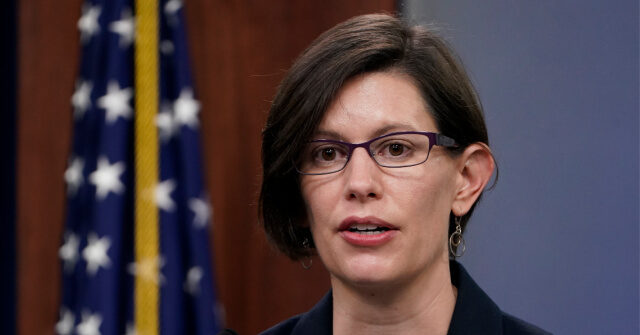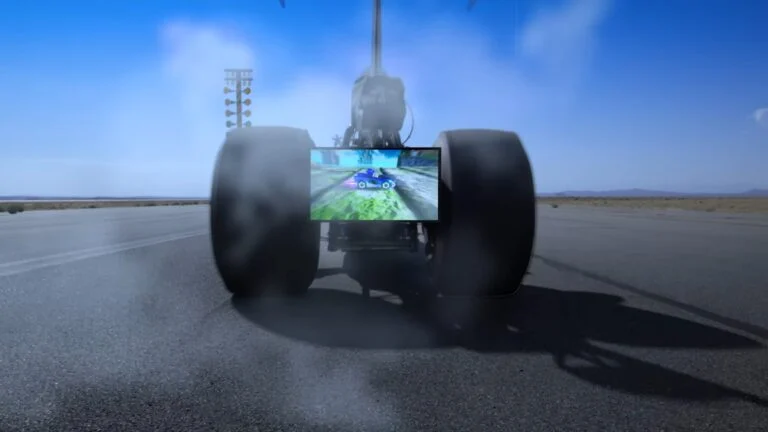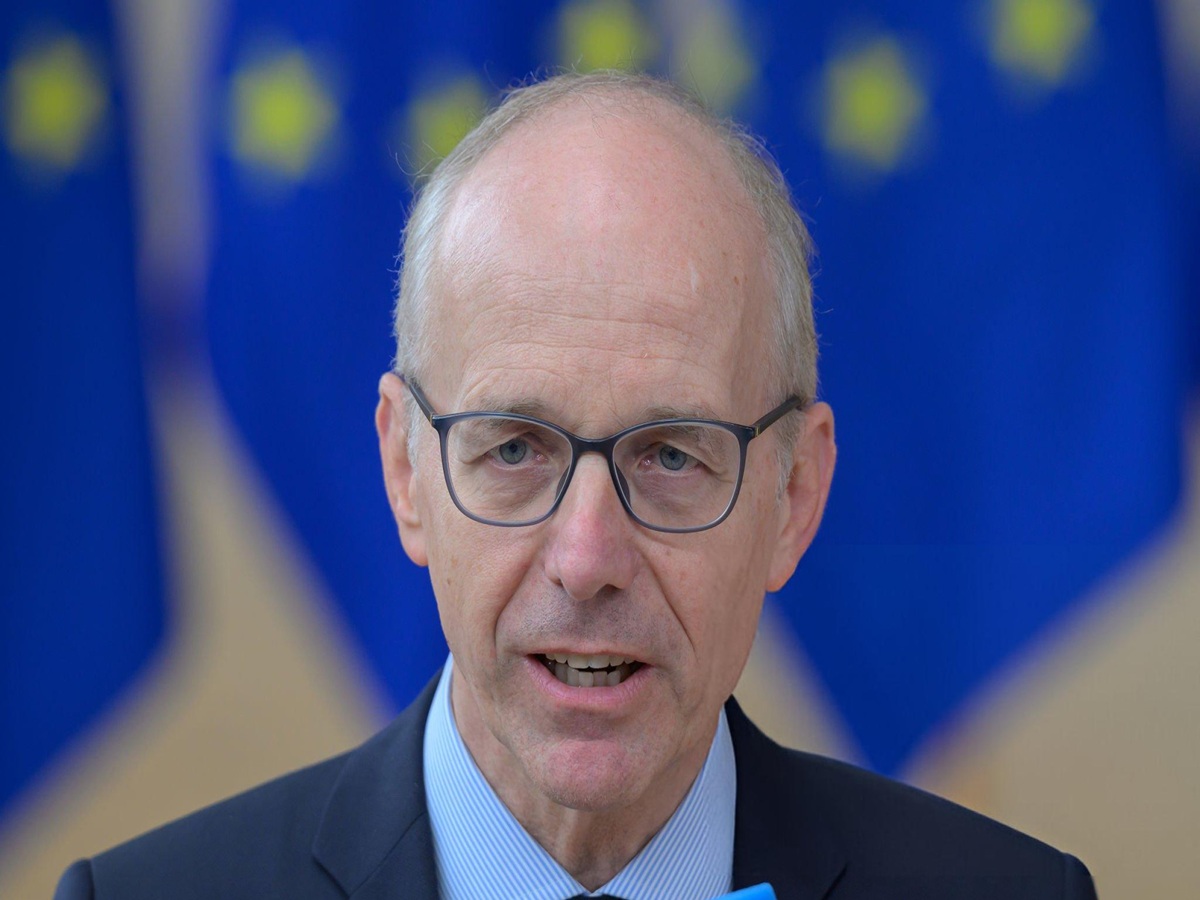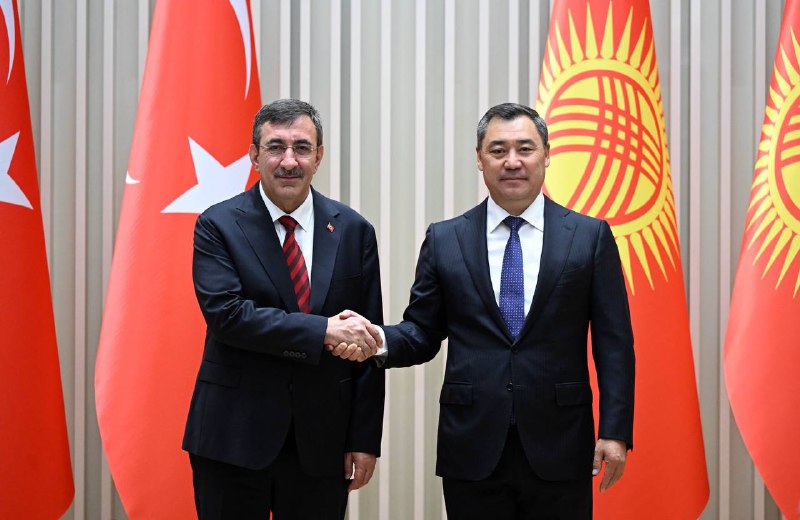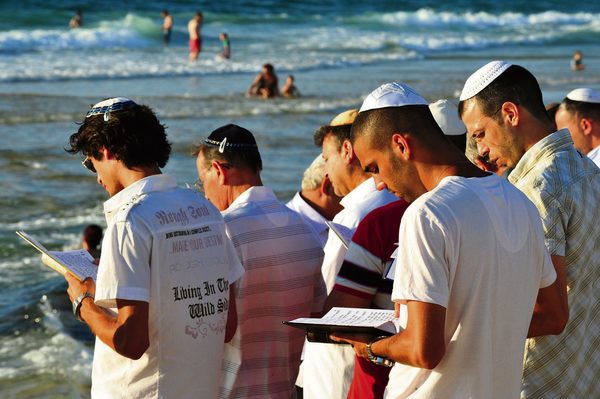
During Rosh Hashanah – and indeed during much of coming weeks – we will spend a lot of time saying things. And I am not talking about what we say when we meet those we have not seen since last year, or when everyone has something to say regarding what the rabbi said in his speech or how the chazzan led the services. I am of course referring to what we will all say in our tefillot, as we read those lengthy passages grafted onto the basic tefillot and their structure that we recognise from services year round.
But in an essay that serves as an introduction to the Koren Machzor, Rabbi Jonathan Sacks turned around this aspect of the days just ahead, asking: “What does Rosh Hashanah say to us? Of what is it a reminder? How can it transform our lives?”
His first comment in that regard is as follows:
“The genius of Judaism was to take truths and translate them into time, lived experiences. Other cultures have constructed philosophies and theologies, elaborate systems of abstract thought. Judaism prefers truth lived to truth merely thought. Ancient Greece produced the logical imagination. Judaism produced the chronological imagination, truth transposed into the calendar. Rosh Hashanah, as the anniversary of the creation of humanity, invites us to live and feel the human condition in graphic ways.”
So what does Rosh Hashanah tell us? Firstly, as per the famed “Unetaneh Tokef” prayer in Musaf we learn in stark poetic verse of mortality, that life is short. “Adam yesdo me’afar … man is founded in dust and ends in dust … he is like grass dried up … like a fleeting shadow … (until) kachalom ya’uf – like a dream he slips away.”
